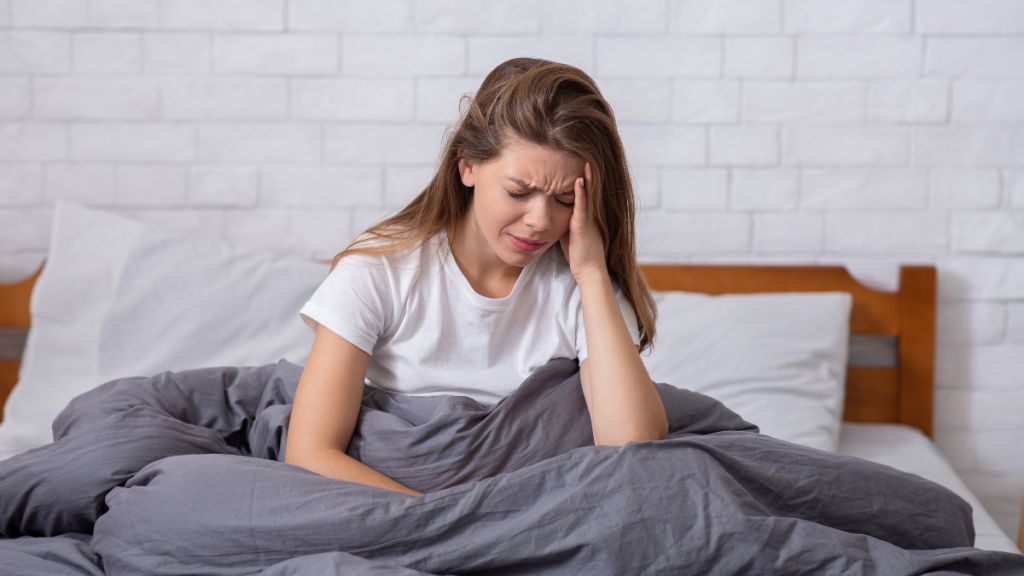
Are you struggling with sleepless nights? If so, ADHD could be a contributing factor, and research indicates that women may be more affected than men. Sleep is essential for overall health, but when it becomes difficult to achieve, it may point to underlying conditions like ADHD.
A 2024 study published in the Journal of Attention Disorders highlighted this issue, linking the connection between ADHD and sleep problems in adults.

What is ADHD?
ADHD, or Attention Deficit Hyperactivity Disorder, is a neurodevelopmental condition marked by persistent patterns of inattention, hyperactivity, and impulsivity. These symptoms can interfere with daily life, making it difficult for individuals to stay organised, focus, and regulate impulses.
Sleep disturbances further worsen these challenges, leading to increased fatigue and difficulty in managing daily responsibilities.
Link between ADHD and sleep problems
The study conducted in the Netherlands by Mirte van der Ham and her colleagues explored the majority of sleep issues among adults with ADHD. Their findings revealed that a staggering 60% of adults with ADHD experience significant sleep disturbances. These challenges include difficulty falling asleep, insomnia, and restless legs syndrome—a condition characterised by an uncontrollable urge to move the legs.
ADHD is commonly associated with children, but this study highlighted how it continues to affect adults, often disrupting everyday activities, including sleep.
It also emphasises how ADHD not only affects mental health but also contributes to physical issues such as sleep disturbances. Understanding the link between ADHD and sleep can play a crucial role in diagnosing and managing the condition effectively. Proper diagnosis and tailored treatment plans can help individuals with ADHD improve their sleep quality, eventually enhancing their overall well-being.

'Women with ADHD reported sleep problems more frequently than men'
One of the study’s most notable findings is the gender disparity in sleep disturbances. Women with ADHD reported sleep problems more frequently than men, with 62% of women affected compared to 56% of men. The research further found that women are more prone to experiencing insomnia and hypersomnia, while men are more likely to suffer from sleep-related breathing disorders.
Seeking solutions for better Sseep
For those struggling with ADHD-related sleep problems, establishing a consistent sleep routine, reducing screen time before bed, and consulting healthcare professionals can make a difference. Addressing sleep issues can lead to better focus, productivity, and quality of life.